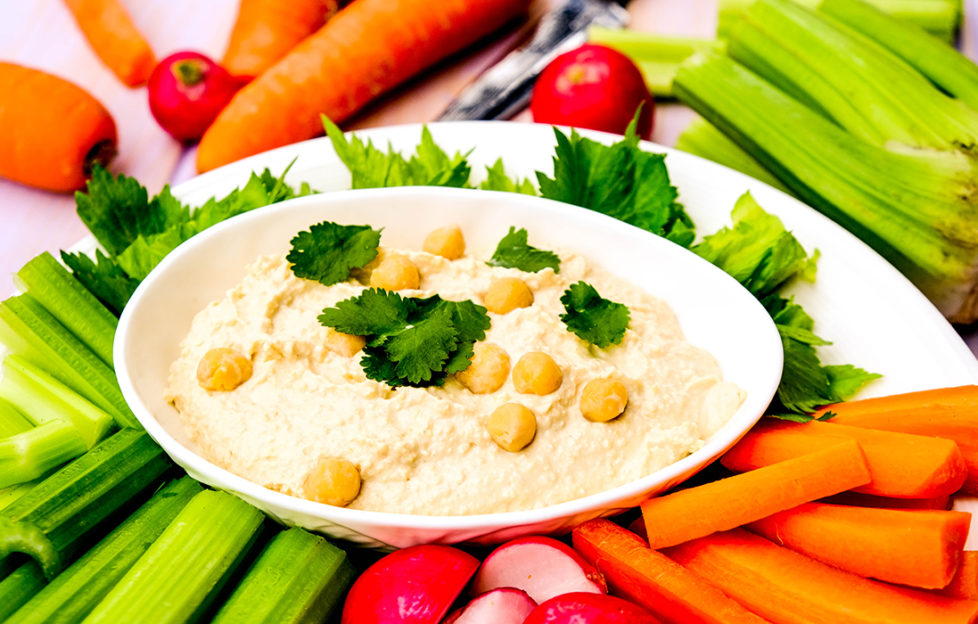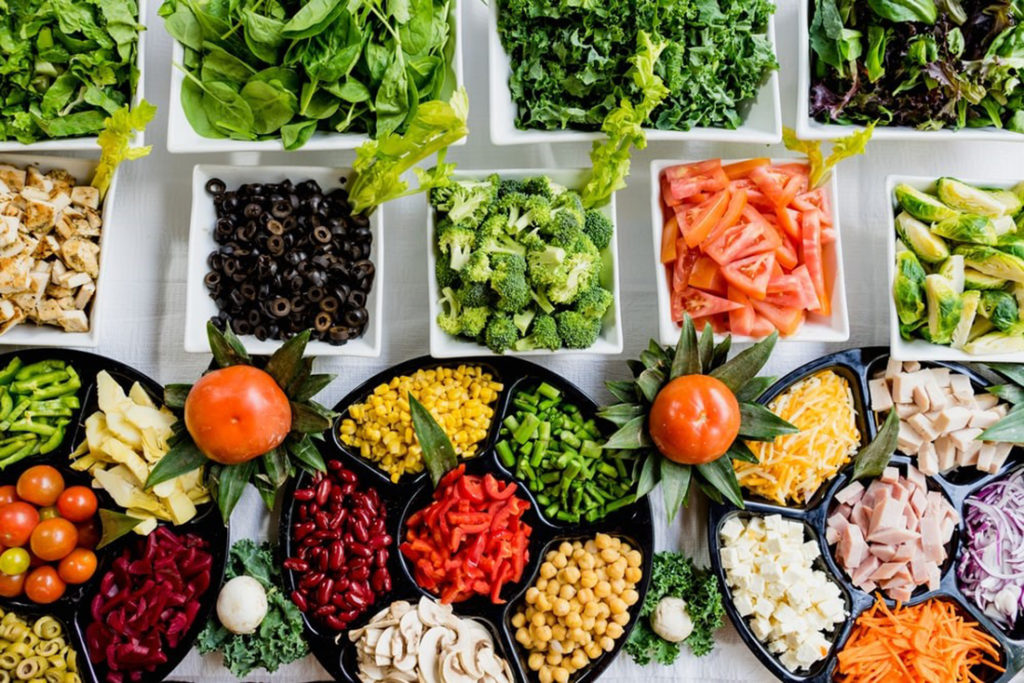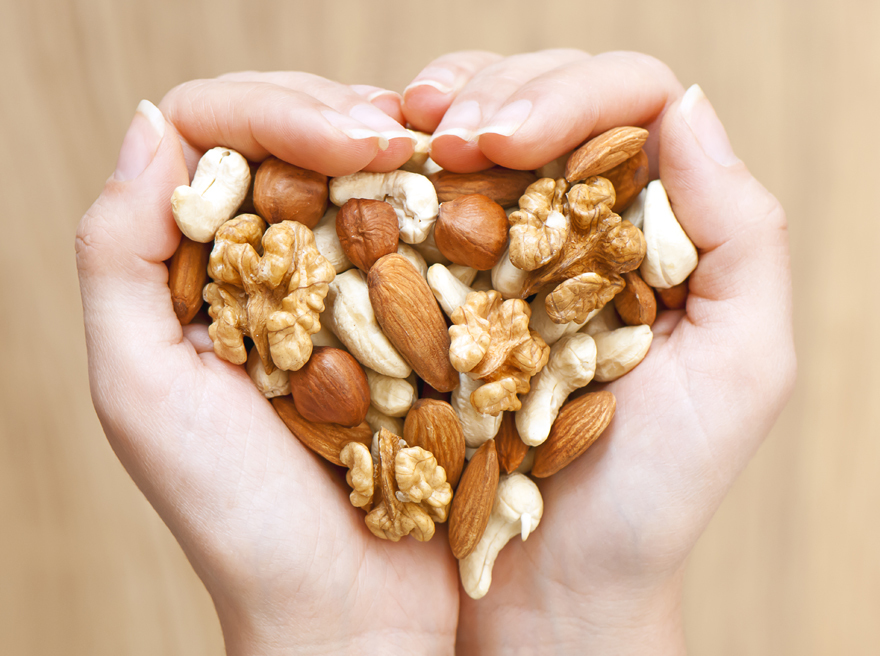7 ways to Snack Smarter (according to a nutritionist!)

With so many of us working from home, shielding or spending more time than normal inside our four walls, it’s no wonder we’re been indulging in in an extra snack or two! Snacking has been given a bad reputation – but what if we told you that snacking smartly can be of great nutritional value? We spoke to Donia Hilal, nutritionist at Personalised.co, who outlines how to snack more mindfully…
As soon as we get into the habit of mindlessly snacking, we may find that it can take over regular mealtimes and lead to a higher intake of refined or sugar rich foods. But that doesn’t have to be the case. Here are some great tips to follow…
1 Make your snacks count
Snacking is often thought of as “excess light meals” and “overeating”- but what if your snacks filled in your nutritional gaps? The Health Survey of England revealed that only 28% of adults get their 5-a-day, so why not use snacking as an easy way to get more produce in your diet? From carrot sticks dipped in hummus as an afternoon snack to frozen grapes for dessert, integrating fruit and vegetables into your snacking routine can provide you with essential vitamins and minerals you need for a healthy diet.
2 Stay hydrated
Snacking can sometimes be a reaction to our body’s cravings. Whilst we may interpret that we are hungry, our body may just be signalling that we are dehydrated. Drinking water consistently throughout the day can help ease hunger pangs, feelings of tiredness and dry mouth. It may also be helpful to have some alternate sipping options such as sparkling water, herbal teas, and decaffeinated coffee. Beware of added extra calories, fat, and sugar from flavoured syrups though!
3 Go for the grain
We digest whole grain foods slower, so whole grain snacks can help us feel fuller for longer. As well as this, whole grain snacks can give you that extra boost of energy throughout the day. From ready to eat options such as plain popcorn, baked whole wheat tortilla chips and crackers – whole grain foods can be delicious, fast-food alternatives to support healthy weight maintenance.
4 Go nuts
Nuts are a great substitute for traditional snacks such as biscuits, chocolates, and cakes, which are higher in saturated fat and sugars. The high protein and fibre content make nuts an inexpensive and satisfying snack containing essential nutrients such as Vitamin E, Potassium and Magnesium. However, be sure to watch your portion sizes as they are high in calories. The healthiest nuts to snack on include almonds, pecans, hazelnuts, macadamias, and walnuts. Always go for unsalted nuts where possible to avoid adding too much sodium to your daily diet.
5 Munch mindfully
We are all guilty of munching mindlessly in front of the TV, only to look down and wonder where our snack has gone! Try snacking without distractions as this will help you appreciate what is on your plate, instead of overeating. This does not mean you cannot ever enjoy your favourite film with a snack. Opt for healthier options and a reduced serving size such as air-popped popcorn with a sprinkle of parmesan on top. If you still find snacking to be mindless and ill-timed, plan your meals and integrate snacking into your routine.
6 Treat yourself
When we mindlessly snack on food, we lose our enjoyment of it. Don’t deprive yourself with your diet and allow 1-2 treats a week. Practice eating your treats mindfully by bringing all your senses to a meal, taking small bites, chewing thoroughly, and eating slowly. This way, you will savour every bite and not fall into a habit of binge eating. Remember, treating yourself does not only mean indulging in cheat days, but it means treating yourself with compassion and curiosity too.
7 Combat the underlying cause
Often times we find ourselves snacking to take our mind off certain emotions or situations. Whilst comfort foods can relieve stress and anxiety in the moment, if the underlying issues are not addressed, eating can become an unhealthy addiction. If snacking is used as a coping mechanism, speak to a professional that can advise you how to deal with your emotions without using food. Whether this be a therapist to talk through your problems with, or a nutritionist who can work through your diet with you – there is always support to be given!






